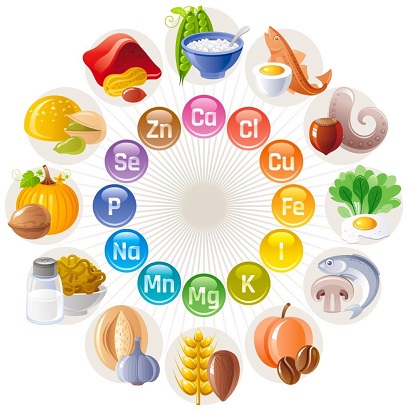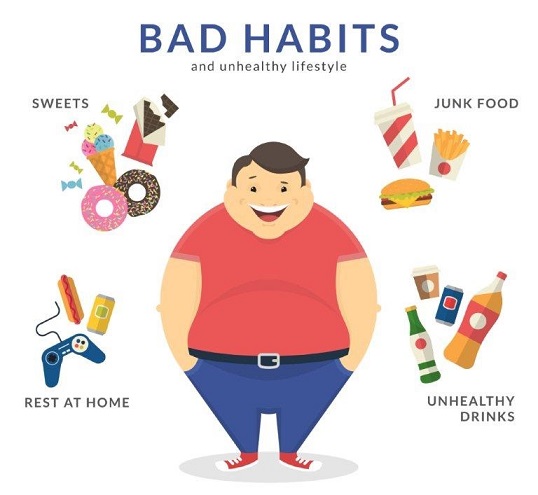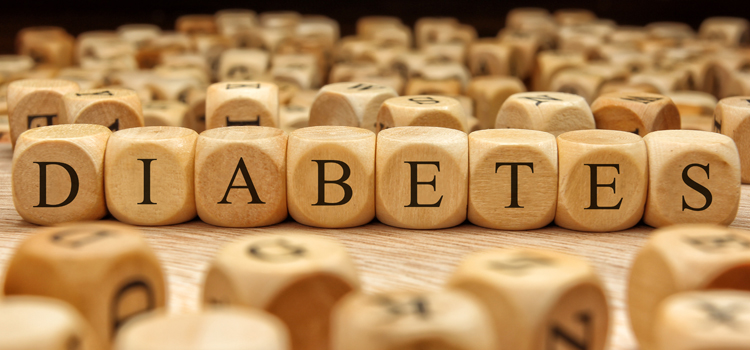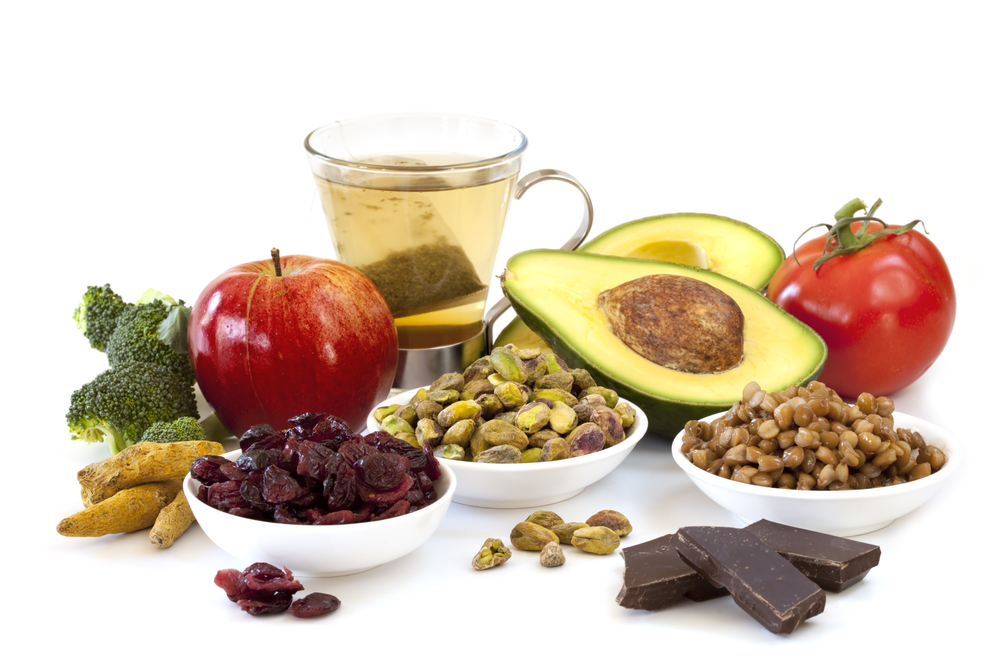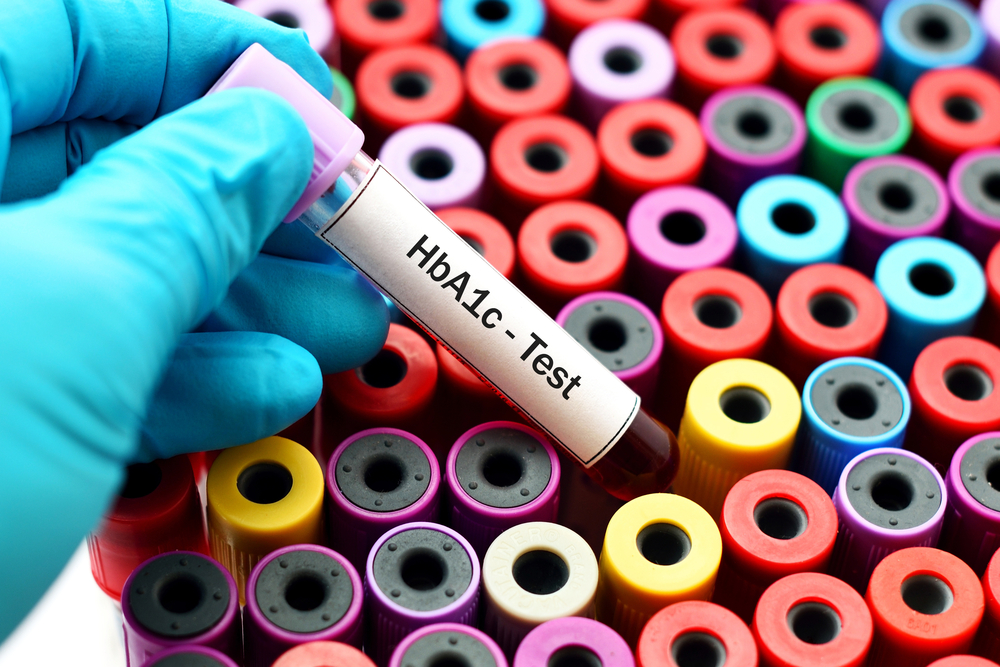Diabetes Foods: Can Honey Be a Substitute of Sugar?

When it comes to managing diabetes, diet is essential. Selecting the right diabetes foods is key to a balanced diet to ensure that blood sugar remains stable throughout the day.
White sugar is often avoided in diabetic diets due to its potential to rapidly increase blood glucose levels. In its place, honey is commonly suggested as a healthier alternative, believed to have a milder impact on blood sugar.
This article critically evaluates honey as a substitute for sugar in a diabetic diet, determining its true effectiveness. Additionally, it explores alternative diabetic-friendly sugar substitutes, offering more options for those looking to fine-tune their dietary choices for diabetes management.
Honey vs. Sugar: A Comparison
Properties of Sugar
- Composition: Primarily sucrose.
- Glycemic Index: High, causing rapid spikes in blood sugar.
- Calories: Approximately 16 calories per teaspoon.
- Carbohydrates: Almost entirely carbohydrates.
- Other Nutrients: Lacks vitamins, minerals, and antioxidants.
Properties of Honey
- Composition: A mix of fructose, glucose, and water, with minor amounts of other sugars.
- Glycemic Index: Lower than sugar, leading to a more gradual increase in blood sugar.
- Calories: About 22 calories per teaspoon.
- Carbohydrates: Primarily composed of sugars but also contains trace amounts of other carbohydrates.
- Other Nutrients: Contains small amounts of vitamins, minerals, and antioxidants.
While both sugar and honey serve as sweeteners, their properties present major differences. Honey’s lower glycemic index is less likely to cause rapid blood sugar spikes, which is vital for blood sugar management. Furthermore, honey offers nutritional advantages due to its vitamins and antioxidants, unlike sugar, which lacks additional nutrients.
Is honey better than sugar?
The debate surrounding honey as a substitute for sugar often centres on its perceived health benefits over traditional sugar. While honey is lauded for its natural origins and the presence of trace nutrients, its absolute superiority over sugar needs to be assessed.
Honey is often seen as a more wholesome sweetener compared to sugar, especially in the context of a balanced diet and the preference for natural ingredients over processed ones.
However, this does not take into account the complexities of honey’s impact on health. Consuming honey, especially in significant amounts, can have similar effects to regular sugar, particularly in terms of calorie intake and potential increase in blood sugar levels.
Although honey may offer some nutritional advantages over white sugar, it is not a perfectly harmless sweetener. Those with diabetes should approach honey with the same caution as other sweeteners, understanding that it still contributes to overall sugar intake.
Best sugar substitutes for diabetes
While honey is often considered a natural alternative to sugar, other sweeteners may be more suitable for those following a diabetic diet and looking to manage their blood sugar levels.
- Stevia: Derived from the leaves of the Stevia plant, Stevia is a natural sweetener that contains no calories. It is significantly sweeter than sugar, meaning a small amount goes a long way.
- Erythritol: A sugar alcohol that tastes almost like sugar but with a fraction of the calories, Erythritol has a minimal impact on blood sugar and insulin levels.
- Xylitol: Another sugar alcohol, Xylitol, has a sweetness comparable to sugar but with fewer calories and a lower impact on blood glucose. However, it should be consumed in moderation, as it can cause digestive issues if overused.
- Allulose: A rare sugar found in small quantities in fruits like figs and raisins, Allulose has a taste and texture similar to sugar but does not cause sugar spikes.
- Sucralose: This is another no-calorie artificial sweetener that does not raise blood sugar levels. However, check for bulking agents in foods containing sucralose.
Each of these sweeteners can be a part of a diabetic diet. However, it’s essential to remember that moderation is key, and individual responses to these sweeteners can vary. Before making any dietary changes such as adopting any sweeteners or best foods for diabetes control in the diet, consult with a medical professional.
While honey offers a lower glycemic index and minor nutritional benefits, its effectiveness and safety for those with diabetes are debatable. Whether sugar or honey, they must be used in moderation to maintain a balanced diet. Exploring alternative sweeteners can also be beneficial.
In diabetes management, regular monitoring of blood sugar levels is non-negotiable. To get a clearer understanding of blood sugar levels and to tailor the diabetic diet accordingly, consult with a doctor and book a blood sugar test with Dr Lal PathLabs today.
FAQs
1. How much honey can be consumed with diabetes?
It’s recommended to limit honey consumption to a small amount, such as a teaspoon, and to monitor blood sugar levels closely.
2. Which sugar substitutes do not raise blood sugar levels?
Stevia and erythritol are excellent sugar substitutes that do not significantly raise blood sugar levels. They are suitable for diabetic diets due to their low glycemic impact.
3. Are there any side effects of using artificial sweeteners
Artificial sweeteners are generally safe but can cause digestive issues for some individuals. Consult with a doctor before including them in the diabetic diet.





